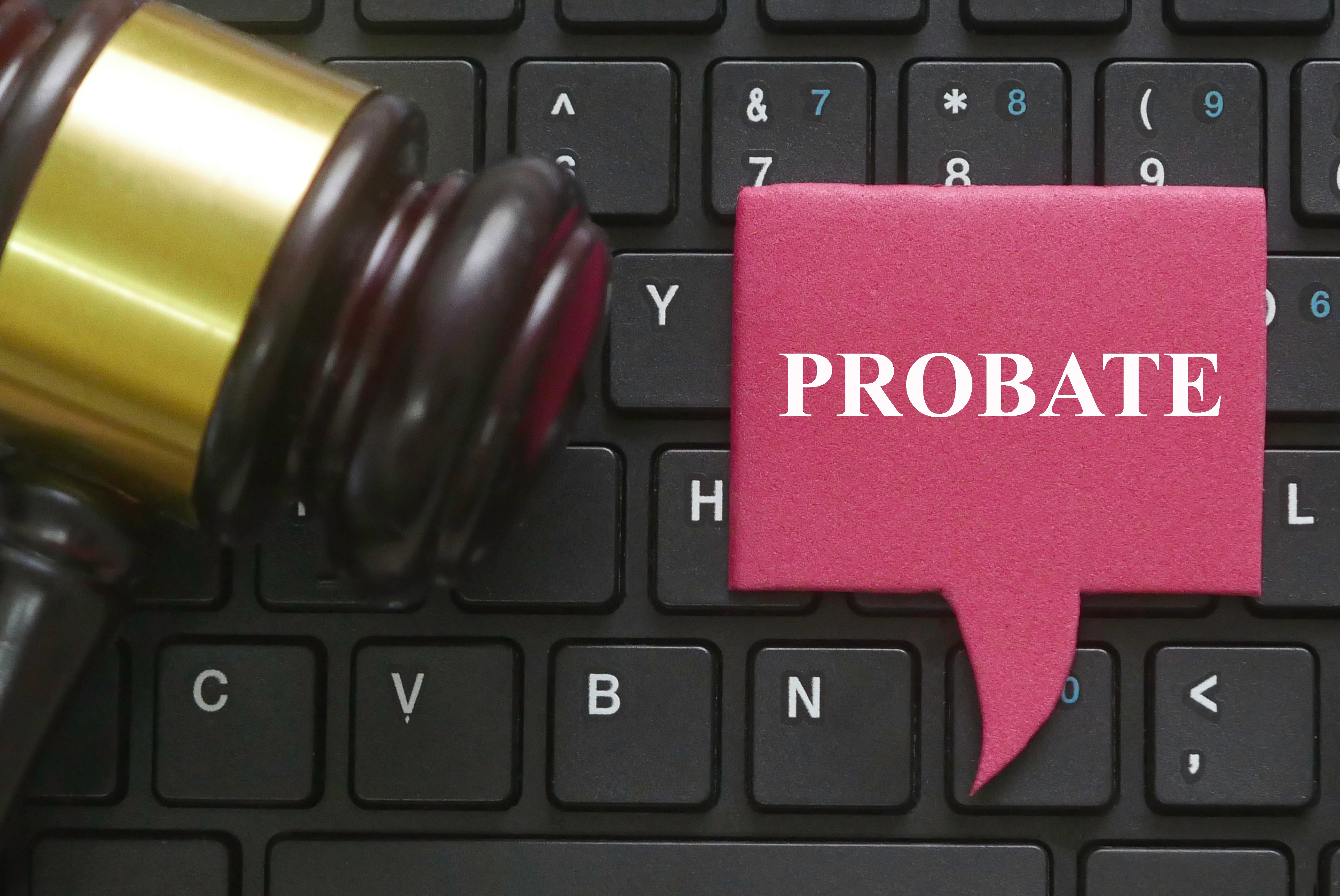Call us now:

The daughter of his sec-ond wife is giving his personal items, like guns and tools, away without consulting me and my stepmother, age 81, refuses to answer my calls. My Dad and I were very close and it hurts to know I will have little to nothing passed down to me, even pictures of my childhood. I know some accounts and property were jointly owned and it was a long marriage of 20 plus years, but Dad had a retirement plan and 401K solely in his name. What rights, if any, do I have as the only biological son still living?
Stories of families in conflict following the death of a loved one are common, even when there is not the added prob-lem of stepsiblings. It may seem petty and foolish from a dis-tance, but I honestly believe the hurt feelings are real and both law and custom honor the expectation of an inheritance from our parents no matter how modest. Things – Grandpa’s gun passed down through the generations along with a story of valor in either pro-viding for a family by hunting or serving his country during time of war symbolize courage and values proudly past from one generation to another. An antique chair once a wedding present from someone famous help us feel the kind of romance and marital love that last for time and all eternity. And Mother’s china preserves our precious memories of togetherness at the holidays. Often individuals at odds with one another trace the root of the argument back to how things changed when Dad married again and how a step-parent favored their own child, or how the baby in the family was pampered and coddled to the child’s own detriment so that he/she grew up to make poor financial and interpersonal decisions. Sometimes there are real bullies with a history of manipulation and abuse, or mental disor-ders or disability involved and the other children feel burdened at having to accommodate or care for a sibling their whole life. There is an old saying that “Money is the root of all evil,” but I find the expectation of receiving some money is not always about greed, but more about an internal sense of fairness and equity, which principles are not identical, and a real world sense of security which money provides.
Under South Carolina intestacy law biological children are entitled to ½ of the probate estate of a parent and the surviving spouse is entitled to the other ½. Those joints accounts are likely not part of the probate estate, but the 401K you mentioned and guns probably are. As 30 days have passed since your father’s death you can file a petition with the probate court in the county where he resided or owned real property to be named the personal representative of your father’s estate. You will also need to file a death certificate and pay the filing fees. However, his surviving spouse has priority for ap-pointment under the law and she can also file and nominate someone to serve in her stead, even your stepsister. You may not ultimately be appointed, but by forcing the estate into probate administration you will be able to learn about the exact nature of your father’s assets and possibly be able to retrieve items distributed without authority. You certainly want to alert the judge to this problem and provide a list of the missing items. Hopefully you can work out a private agreement on distribution of those items dear to your heart. The probate code favors in-kind distribution and probate judges are generally favorable to reasonable requests for personal items. YOU NEED TO TALK WITH AND HIRE AN ATTORNEY because you mention predeceased siblings who might have had children that would share an inheritance with you. These are court proceedings and the probate judge and her staff cannot give you legal advice or make appropriate motions for relief on your behalf.
Disclaimer: Information contained in this column is meant to be of general information on frequently asked questions concerning disability, elder law, estate planning and probate law, and does not contain specific legal advice to a client. No attorney-client relationship is created by reading this column.
WRITTEN BY LINDA KNAPP
You may reprint this article with my permission by showing the Firm’s name and attaching my contact information. If you wish to cite the article you must give full credit to the author, Attorney Linda Farron Knapp. Nothing in this article creates an attorney-client relationship. When the article was written it was good law, that may not be situation at the time of reprint. We advise you seek competent legal advise based on your own factual situation before relying or acting on any legal material you read online.